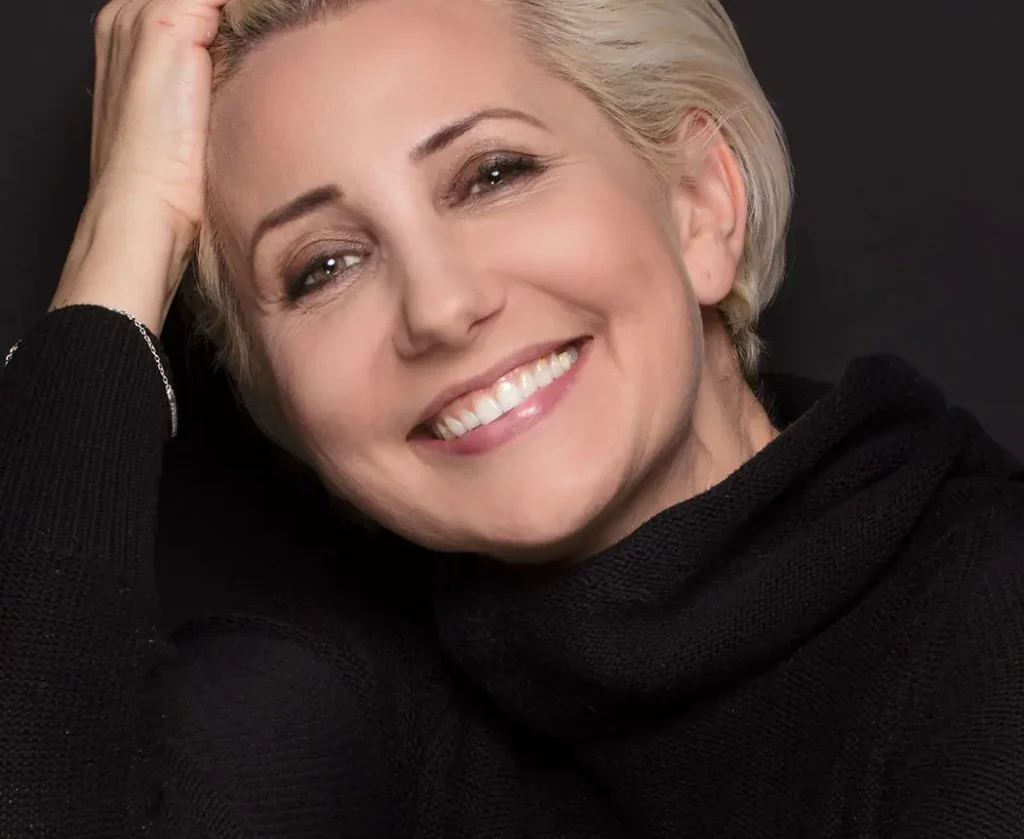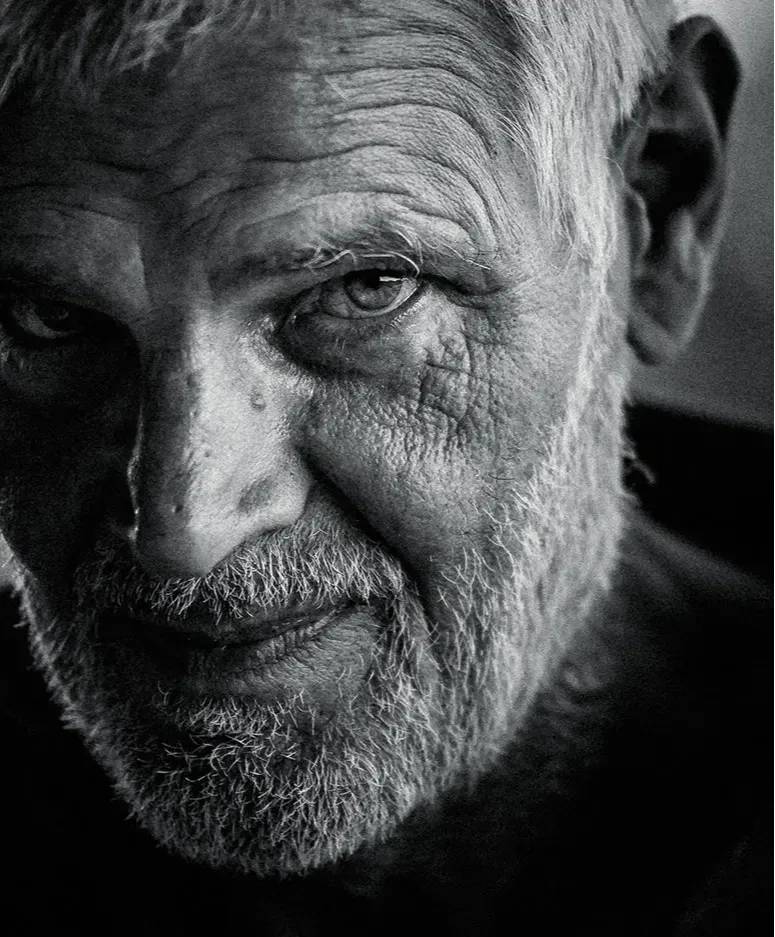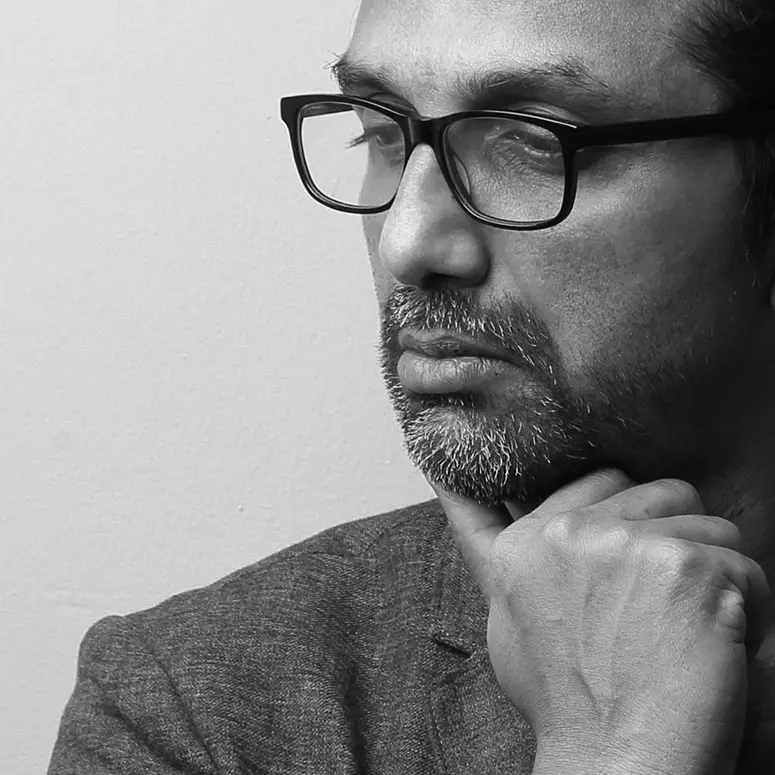
EYE SURGERY
Glaucoma
Glaucoma is a group of eye diseases that can cause vision loss and blindness. The symptoms can start so slowly that you may not notice them. The only way to find out if you have glaucoma is to get a comprehensive dilated eye exam.
Treatment at a glance

TREATMENT TIME
10 mins

ANAESTHETIC
Local anaesthetic

DOWNTIME
None

LONGEVITY
Lifetime

KEY BENEFIT
Safe & Effective
The Challenge
Glaucoma can cause serious and permanent visual loss. A person with glaucoma is usually unaware that they have a problem until a serious loss of vision has occurred.
It has been estimated that nearly half of those suffering from glaucoma are unaware they have the disease because it develops without any obvious symptoms.
As the damage from glaucoma cannot be reversed, early detection, diagnosis, and treatment is vital to preserve vision.
The Solution
Thankfully, glaucoma management has evolved rapidly in the last five years and we now have the capability to stop and prevent any further damage to the nerve, and your sight.
At Warwick Eye, our surgeons offer expert consultations, and using the latest diagnostic tests with bespoke treatment plans. We will do all we can to help our patients to maintain as much useful sight as possible.
Click here for an article containing more information on Glaucoma.


FREQUENTLY ASKED QUESTIONS
The surgeon performing your operation is a very important factor for success. Mr Toor has been performing cataract and lens surgery for over 10 years, and has a huge amount of experience, having performed many hundreds of cataract procedures over the years. He is often asked by colleagues to carry out surgery on their relatives.
Mr Toor uses only the latest technology and lens implants, and unlike other clinics, Mr Toor will see you personally at the consultation, and he will carry out and supervise every aspect of your care. Living locally means that Mr Toor can arrange to see you promptly if needed.
You do not need to wait for the lens to become ‘ripe’ and each patient is treated as an individual with a through assessment by the Warwick Eye Surgeons team. Early lens changes may not disturb vision, although this will change as the cataract progresses. Each person can have a different rate of progression which is very difficult to predict. Most people report symptoms including blurred vision, sensitivity to light and glare, increased nearsightedness or distorted images as the cataract progresses.
Nearly half the population of people in the UK aged 65 and 70% of those aged 75 and over have cataracts. The cause in most patients is advancing age, although they can also result from eye injuries, diabetes, medication (such as steroids), or genetic factors. Currently, there are no medications or treatments that will cause cataracts to get better. If cataracts don’t interfere with your life then we will help guide you to the best course of action, which may not mean surgery.
When cataracts interfere with your daily life, surgical treatment is often recommended. Cataract surgery is the most frequently performed operations within the NHS, and advances in technique make it very safe and effective.
You may feel a gentle pressure during the flap creation process which usually lasts about 30 seconds.
The vast majority of patients have no pain but some may feel a little grittiness in the eyes for a couple of days.
You will be given a set of eye drops to take at home that vastly reduce the risk of infection and inflammation. These generally last for the first 4 weeks but some patients may require lubrication drops for the first few months.
Cataract surgery risks include:
- Swelling.
- Infection.
- Bleeding.
- Drooping eyelid.
What Clients Say
Posted onTrustindex verifies that the original source of the review is Google. Very easy to access warwick eye surgeons with timely appointments.Mr Toor was Extremely proffessional with an easy and approachable manner.Despite a non urgent eye problem I felt I was listened to and offered appropriate advice & treatment .Posted onTrustindex verifies that the original source of the review is Google. Professional and very through care. Clear advice from Mr Toor the consultant.Posted onTrustindex verifies that the original source of the review is Google. This is my second encounter with Mr Toor, firstly for cataracts and now another problem; I could not be happier with the outcome. Thank you.Posted onTrustindex verifies that the original source of the review is Google. Felt at ease throughout the consultation. Everything was explained before and during the examination.Posted onTrustindex verifies that the original source of the review is Google. A Comprehensive review of my eye condition with the Consultant having the time to discuss the case in detailPosted onTrustindex verifies that the original source of the review is Google. Very professional, everything explained clearly and thoroughly. 2 operations organised quickly and very comfortable experience. Excellent outcome as well.
